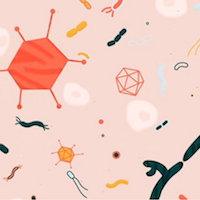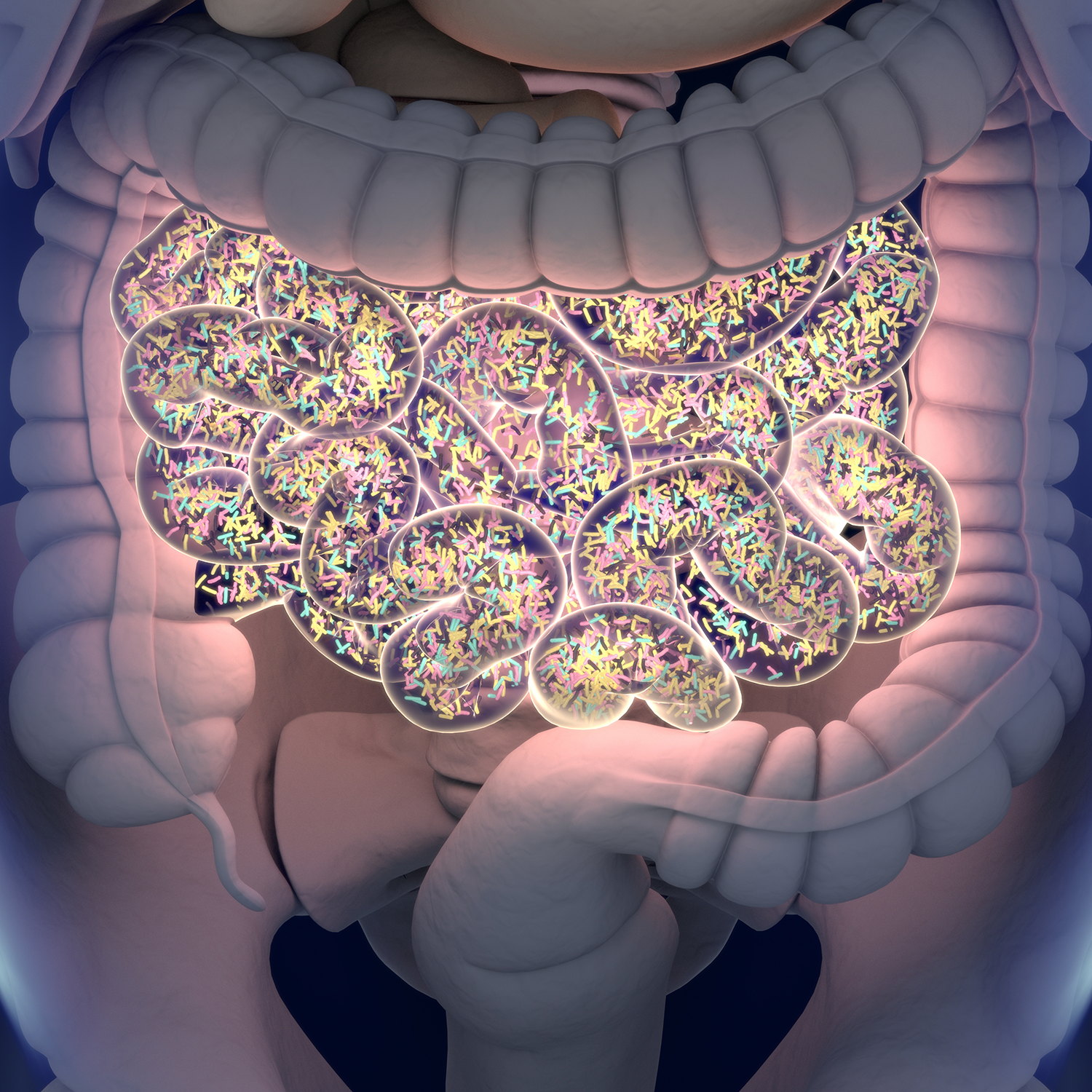


The DNA Diet: How knowing your genes can help you fit into your jeans
May 28, 2019 – Most people have this basic understanding of genetics: You inherit genes from your parents, and their DNA combines to create your unique genetic makeup. This can include more obvious traits such as eye color and height but also more complex traits that may involve multiple genes, such as risk of diseases including diabetes, heart disease, obesity and cancer, as well as all aspects of metabolism.

Breaking the Link Between Obesity, Gastrointestinal Cancers
October 3, 2018 – UNC NRI’s and UNC Lineberger’s Stephen Hursting, PhD, MPH, along with Cornelia Ulrich, PhD, MS, the director of the Huntsman Cancer Institute’s National Cancer Institute-designated Comprehensive Cancer Center, and colleagues, reviewed findings from research looking at the biological links between obesity and cancers of the colon, rectum, pancreas, liver, esophagus, gallbladder and stomach, as well as published studies on how diet, exercise, weight loss surgery, and other weight-related interventions may help reverse this connection.

Gut Microbiome, Diet and Health
March 28, 2018 – At the NRI, we are conducting pioneering research on the interplay of diet and the gut microbiome in human health. The gut microbiome is a complex community of microorganisms living in our lower intestine; although we have long known of its existence, recent technological advances have allowed us to begin to define the composition and function of this dynamic community. This growing body of research demonstrates vast biologic activity within the gut microbiota, which may have the potential to affect our physiology and help guide health recommendations and interventions.
July 2015
July 2015 SoundBites features: The “-omics” of Nutrient Metabolism, Research We’re Reading: Go with Your Gut, Summer Tours and Fall Events
Go With Your Gut: How a community of trillions affects your individual health
July 1, 2015 • Everyday we learn more about how the gut microbiome may influence health. Our gut microbial community—a super-organism, with trillions of members—has been associated with obesity, diabetes, cancer, heart disease, and immune disorders, and even moods. These findings have generated enormous enthusiasm among researchers and the lay public, as they suggest a largely untapped area for health-promoting interventions. One mechanism through which the gut microbiome may affect health is through the metabolism of food and nutrients.
